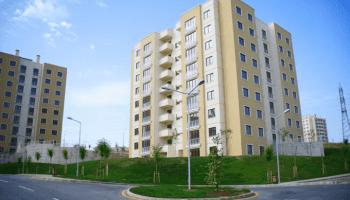Trying to figure out what’s the better fit for you: condo vs apartment? Don’t worry—you’re not alone!
A lot of people find it tricky to decide because, at first glance, they can seem pretty similar. But once you dig deeper, you’ll see some big differences that can make you a better match for your lifestyle and goals.
Here’s the basic rundown: individuals usually own condos, while property managers or landlords typically rent out apartments.
That little difference can affect a lot—like how much freedom you have, what responsibilities you take on, and even the kind of community you’ll be living in.
If you’re thinking about buying and want to invest in something long-term, a condo might make more sense. But if flexibility and low-maintenance living are your top priorities, renting an apartment could be the way to go.
In this article, I will break everything down for you—costs, maintenance, amenities, and more—so you can decide with confidence.
By the end, you’ll have a much clearer picture of what works best for your needs. So, without further ado, let us start with the blog and find the place you’ll love calling home!
What is a Condo?
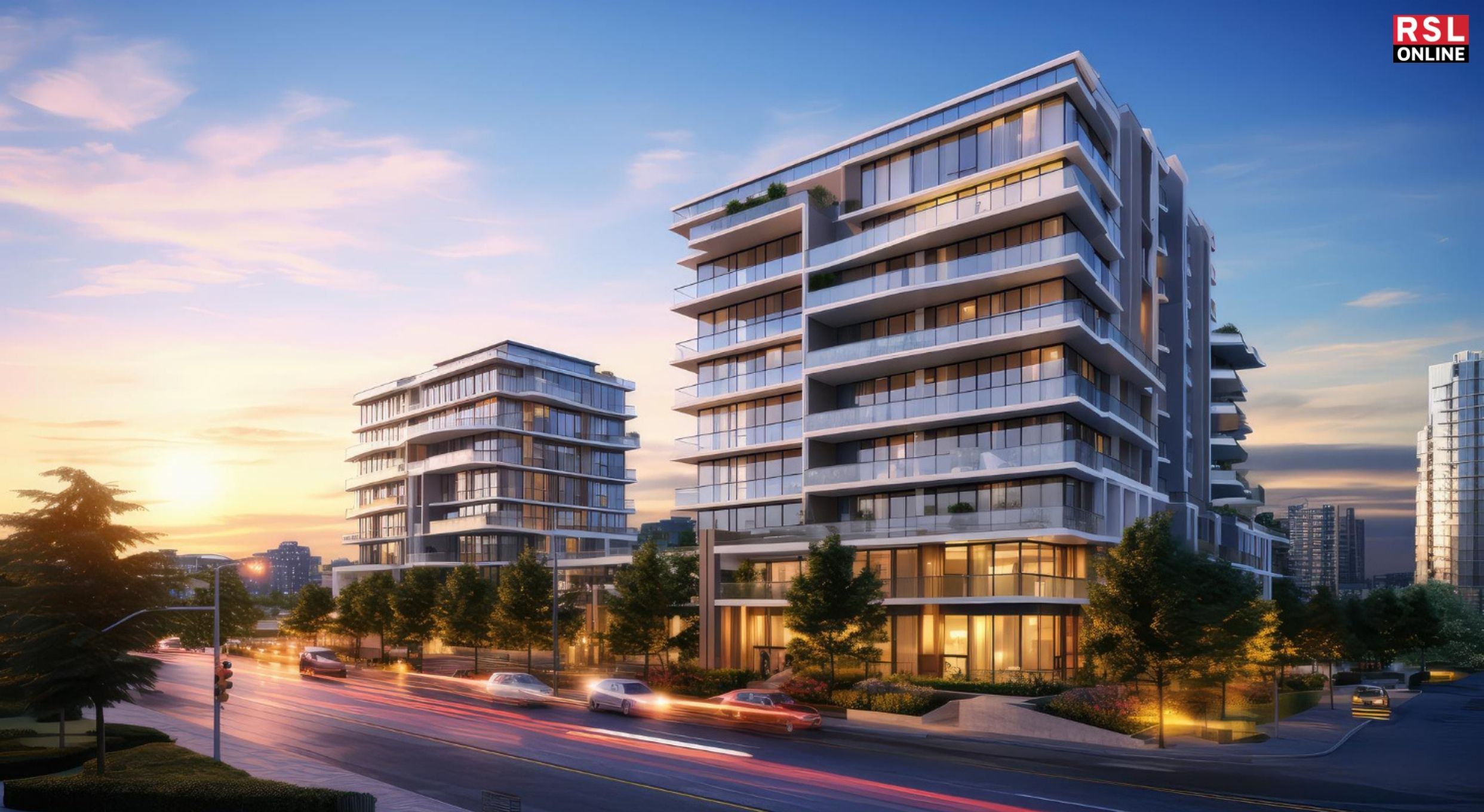
A condo, short for condominium, is a residential unit that is privately owned within a building or complex.
An individual owns each unit, but common areas—like hallways, gyms, pools, and gardens—are shared and maintained collectively, often through a homeowners’ association (HOA).
Condos can come in various sizes and styles, from sleek high-rise units in the city to spacious townhomes in the suburbs.
Buying a condo means you own the unit outright, much like owning a house. However, you share ownership of the common areas with other residents.
Therefore, if you’re planning to invest in property or want to settle down, condos offer an affordable alternative to single-family homes, especially in urban areas.
What Makes Living in a Condo Better?
- Ownership Benefits: Owning a condo allows you to build equity over time, making it a great investment option compared to renting.
- Access to Amenities: Condos often include luxury amenities like swimming pools, fitness centres, clubhouses, or even concierge services—all without the high cost of owning these features individually.
- Community Living: Condos often foster a sense of community since residents share spaces and events, creating opportunities to build relationships with neighbours.
- Maintenance Ease: Unlike owning a house, condo owners don’t have to worry about yard work or external repairs. The HOA takes care of these responsibilities, saving you time and effort.
- Affordability: Condos are generally more affordable than houses in the same area, offering a chance to live in desirable neighbourhoods without breaking the bank.
Are There Disadvantages of Living in a Condo?
- HOA Fees: While the HOA takes care of maintenance, it comes at a cost. Monthly HOA fees can add up and sometimes increase unexpectedly.
- Less Privacy: Since condos are close-knit communities, you might have to deal with noise from neighbours or shared walls, which can be less private than standalone homes.
- Rules and Restrictions: HOAs often have strict rules about renovations, pet ownership, or even renting out your unit, which may limit your freedom.
- Resale Challenges: Selling a condo can sometimes take longer, as potential buyers may shy away from HOA fees or rules.
What is an Apartment?
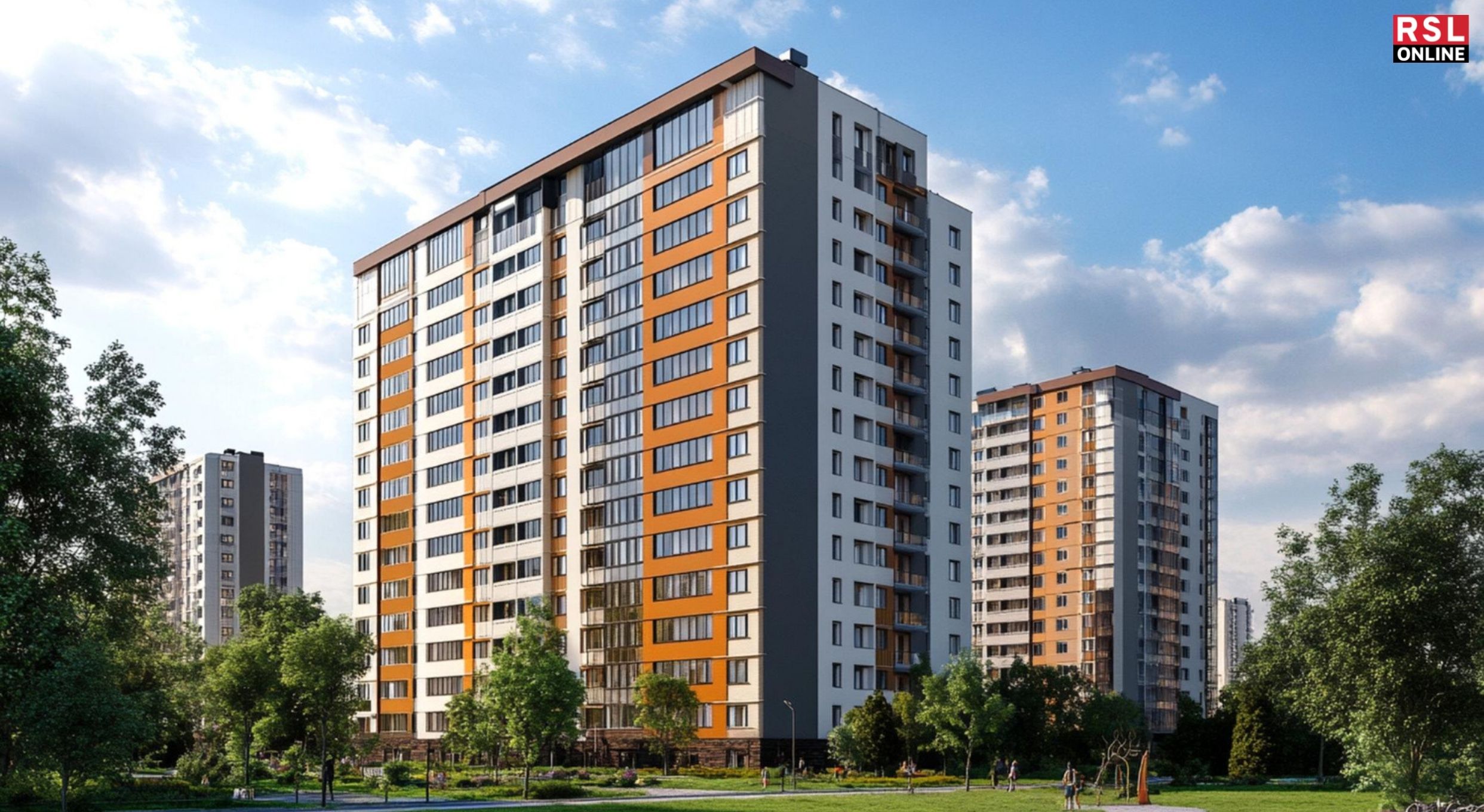
An apartment is a rented residential unit, usually managed by a landlord or a property management company.
Apartments are found in complexes or buildings with multiple units, and they can vary in size from studios to multi-bedroom spaces.
Unlike condos, you don’t own an apartment—you’re simply renting it for a set period, usually through a lease agreement.
Apartments are popular among individuals who value flexibility and low-maintenance living. Whether you’re moving frequently for work or just not ready to commit to buying property, apartments offer a straightforward housing option.
What Makes Living in an Apartment Better?
- Flexibility: Renting an apartment means you’re not tied down. When your lease is up, you can easily move without worrying about selling the property.
- Low Maintenance: If something breaks in an apartment—like a leaky faucet or broken heater—the landlord is responsible for fixing it, saving you time and money.
- Cost-Effective Short-Term: Since you’re not paying a mortgage or HOA fees, renting can be more affordable in the short term. Plus, you don’t have to worry about property taxes.
- Amenities Included: Like condos, many apartment complexes offer shared amenities such as gyms, pools, and parking, often included in your rent.
Are There Disadvantages of Living in an Apartment?
- No Ownership: Renting doesn’t build equity, so your monthly payments don’t contribute to long-term investment or financial growth.
- Rent Increases: Landlords can raise rent when your lease is up, making budgeting unpredictable.
- Limited Personalization: Most rental agreements restrict major changes, so you might not be able to paint walls, renovate, or make the space truly your own.
- Noise and Space Constraints: Apartments often have thinner walls and less outdoor space, which can impact privacy and comfort.
Condo VS Apartment: Let’s do a Quick Comparison!
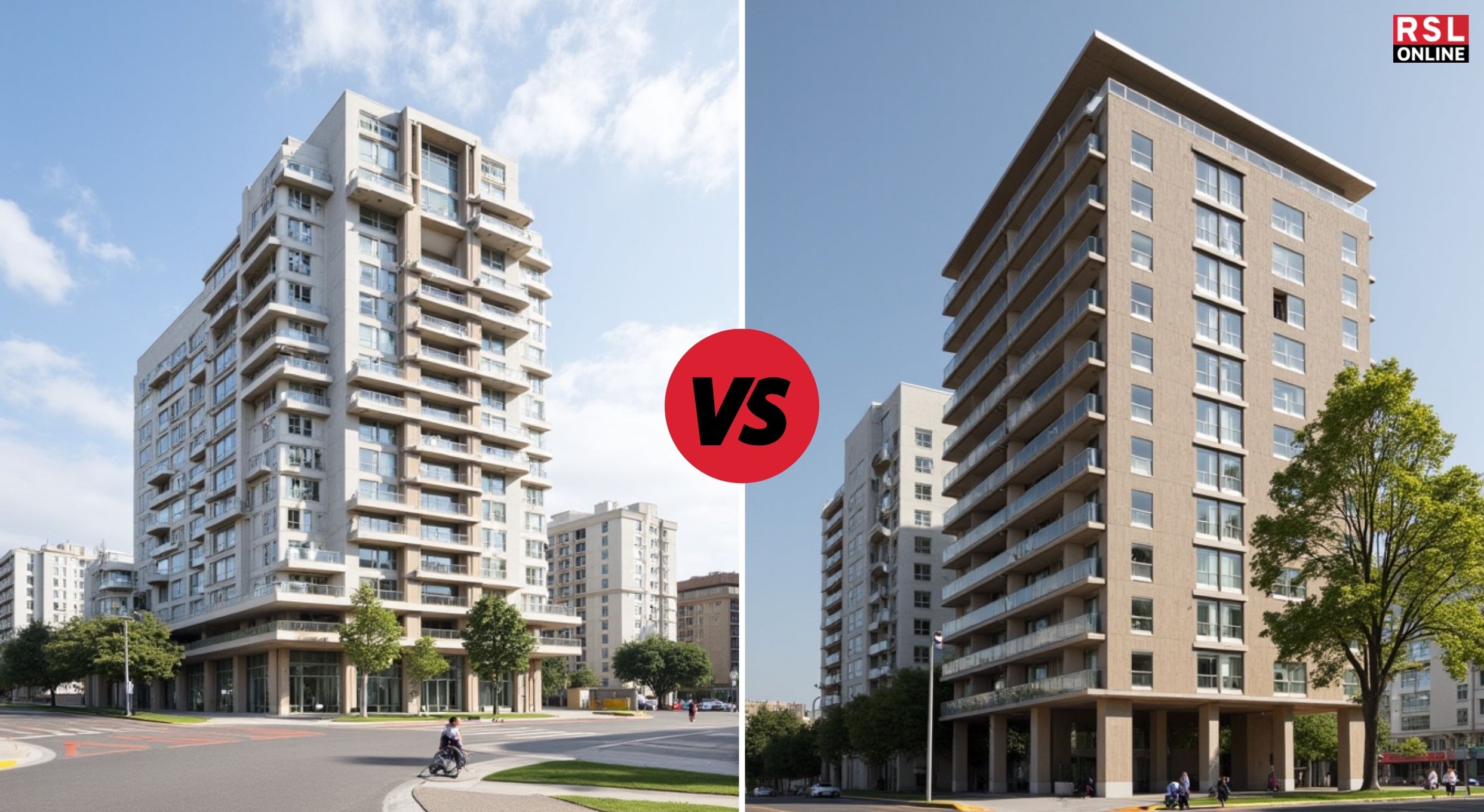
While the biggest difference between a condo vs an apartment is the right to ownership, there are several other things that you must know about.
When deciding between a condo and an apartment, understanding their differences is essential.
While they may look similar at first glance, these housing options vary significantly in terms of ownership, costs, responsibilities, and lifestyle.
Let’s break it down in detail so you can make a better decision:
Ownership
Firstly, the biggest difference is ownership. Condos are owned by individuals, meaning you can buy one and own it like you would a house.
Apartments, on the other hand, are rental units owned by a property management company or landlord. You pay monthly rent for as long as you live there but don’t own the space.
Cost
Secondly, condos often involve additional costs like a mortgage, property taxes, and HOA (Homeowners’ Association) fees, which cover maintenance of shared areas.
Apartments require only rent and a security deposit upfront, making them more budget-friendly in the short term. However, renting doesn’t build equity, unlike owning a condo.
Maintenance
In condos, owners are responsible for interior maintenance, while the HOA handles exterior upkeep and shared spaces.
In apartments, landlords or property managers handle all maintenance, making it hassle-free for renters.
Flexibility
Apartments are ideal for those who value flexibility, as leases typically range from 6 months to a year.
Condos, however, are better suited for long-term living or investment, as buying and selling takes time and effort.
Amenities and Rules
Both condos and apartments often include shared amenities like pools, gyms, and parking. However, condos may offer higher-end facilities, depending on the building.
Rules differ, too—condos follow HOA regulations, while apartments have lease agreements that may restrict pets, renovations, or subletting.
| Factor | Condo | Apartment |
| Ownership | Owned by individuals | Rented from a landlord or management |
| Upfront Costs | Down payment, mortgage, HOA fees | Security deposit and first month’s rent |
| Long-Term Costs | Mortgage, property taxes, HOA fees | Monthly rent only |
| Maintenance | Owner handles interior, HOA covers exterior | Landlord handles all maintenance |
| Flexibility | Requires commitment; buying/selling takes time | Easy to move with short leases |
| Amenities | High-end amenities (depends on HOA) | Standard amenities (varies by complex) |
| Rules | Governed by HOA | Governed by lease agreement |
Condo VS Apartment: How to Choose the Right One?
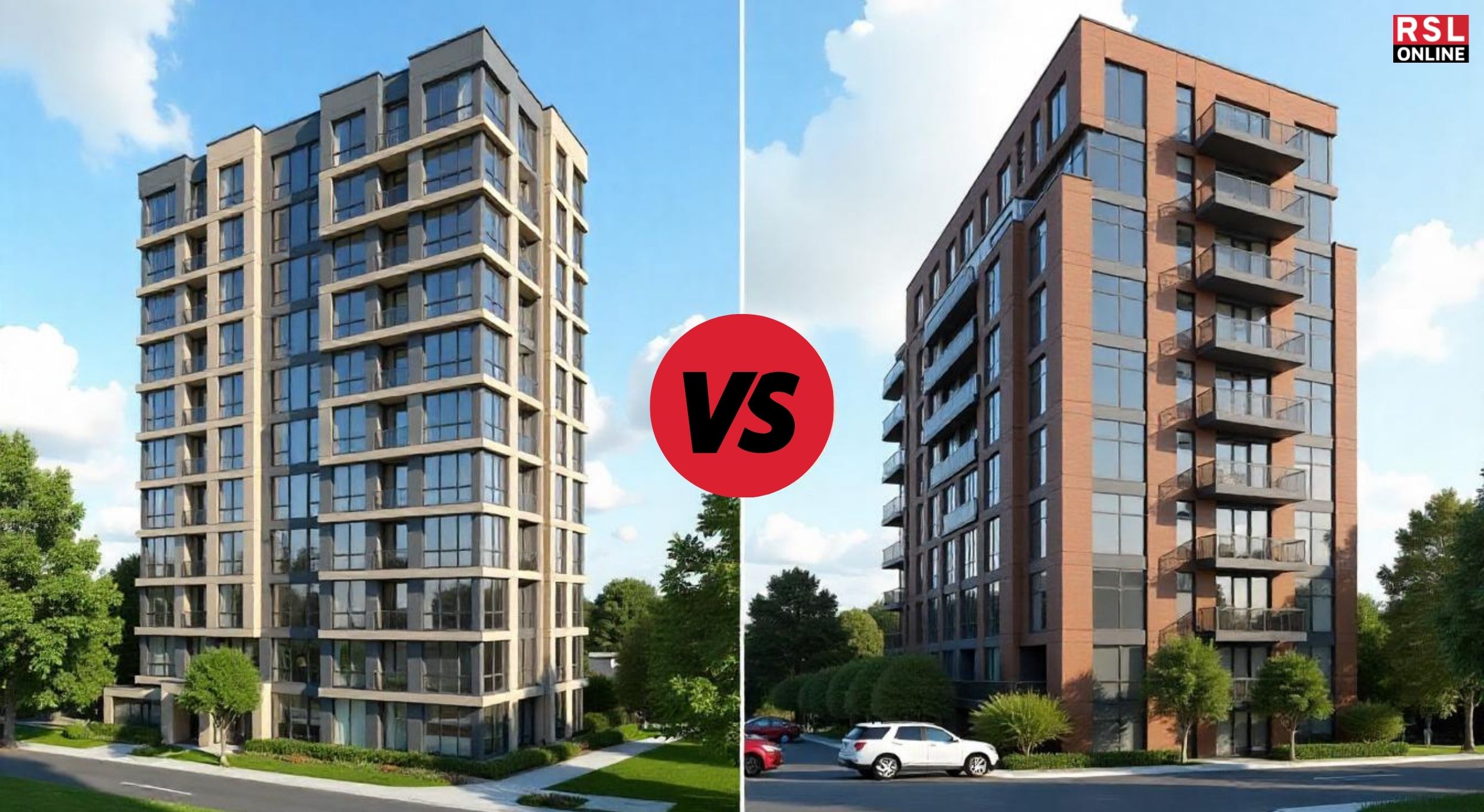
Choosing between a condo and an apartment might feel overwhelming, but it all boils down to your priorities, lifestyle, and financial goals.
Both options have their perks and drawbacks, so understanding what matters most to you can make the decision much easier.
Consider Your Long-Term Goals
If building equity and investing in property is important to you, a condo might be the better choice. Condos allow you to own your home, which can increase in value over time.
However, if you’re not ready to commit to owning property or prefer flexibility, renting an apartment is a smarter move.
Apartments are perfect if you anticipate moving often or aren’t sure where you want to settle.
Think About Upfront and Ongoing Costs
Condos come with upfront costs like a down payment, mortgage, and property taxes. You’ll also need to budget for HOA fees, which cover shared maintenance and amenities.
Apartments, on the other hand, require a smaller initial investment—just a security deposit and the first month’s rent.
This makes apartments a more affordable short-term option, though renting doesn’t build long-term financial value.
Evaluate Maintenance and Responsibilities
Do you enjoy taking care of a space, or do you prefer leaving maintenance to someone else?
Condo owners handle interior maintenance, while the HOA covers exterior upkeep. With an apartment, landlords are responsible for all repairs, making it a hassle-free option for renters.
Assess Your Lifestyle and Preferences
Both condos and apartments offer amenities, but condos often provide more upscale options, depending on the building.
If you value community and don’t mind adhering to HOA rules, a condo might suit you. Apartments, however, offer more flexibility with fewer restrictions, making them ideal for people who want more freedom.
Location Matters
Condos are usually found in prime locations, making them a good choice for buyers looking for long-term convenience.
Apartments, however, are widely available and may offer more affordable options in your desired area.
Read More:













